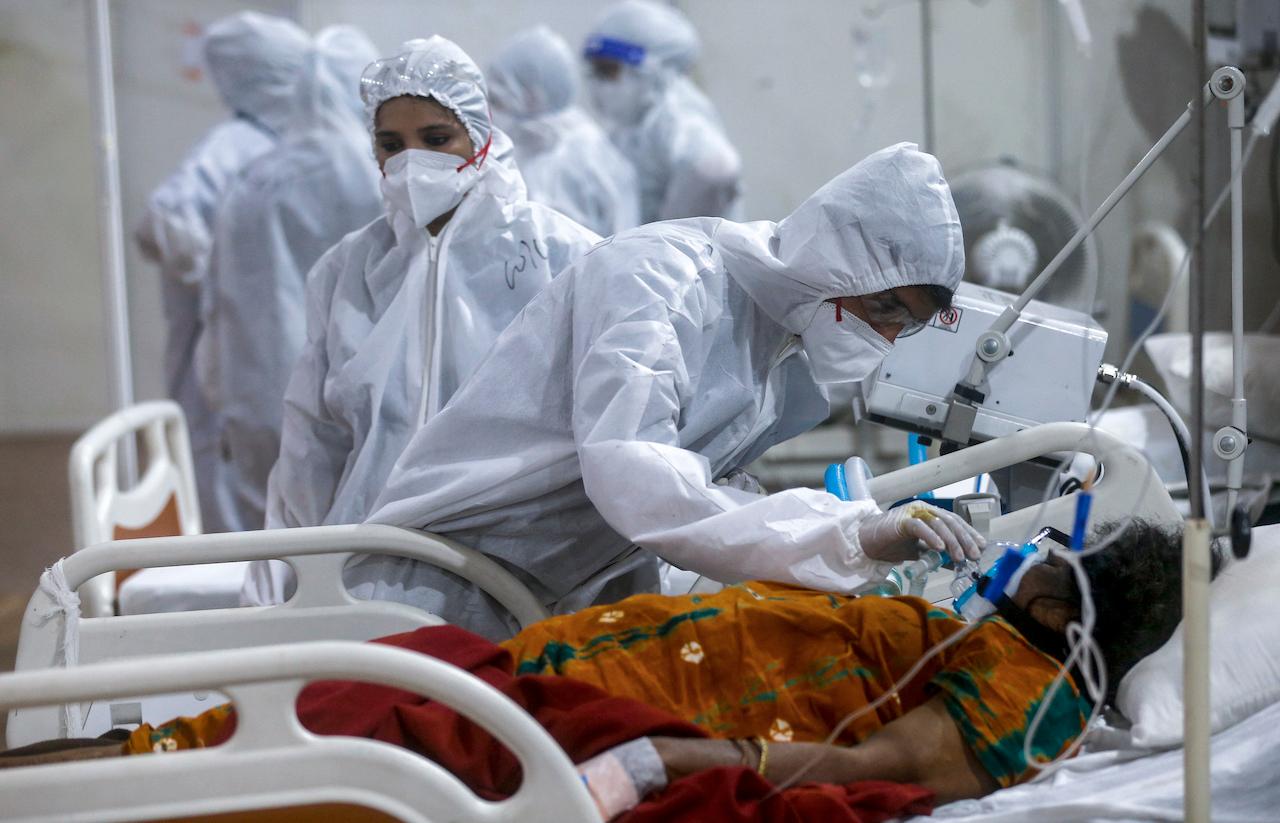India approves new local Covid-19 drug for emergency use
Some health experts are warning that there is not enough data available from human trials to back up the drug's emergency use.
Just In
India has begun distributing a new locally developed drug to treat Covid-19 symptoms.
Authorities have given their emergency approval of 2-DG and it will first be used in hospitals across the capital, Delhi.
However, some health experts are warning that there is not enough data available from human trials to back up the drug’s emergency approval as a Covid treatment.
The drug – 2-deoxy-D-glucose or 2-DG – was developed by the Defence Research and Development Organisation (DRDO) in cooperation with pharma company Dr Reddy’s.
“Clinical trial results have shown that this molecule helps in faster recovery of hospitalised patients and reduces supplemental oxygen dependence,” the government said in a release.
Critics point out that the drug was originally developed and tested for treating cancer but has not been approved yet even after prolonged use.
There is currently no cure for Covid-19 and the medication used to ease symptoms is in dramatically short supply in India which is in the grip of a devastating second wave.
The government release says the drug is to be used as adjunct therapy in moderate to severe cases.
It also points out that due to its simple makeup, “it can be easily produced and made available in plenty in the country”, raising hopes that it can eventually be widely used and ease the current Covid emergency.
“A large number of patients are facing severe oxygen dependency and need hospitalisation. The drug is expected to save precious lives due to the mechanism of operation of the drug in infected cells. This also reduces the hospital stay of Covid-19 patients,” the release says.
India’s Covid nightmare is having knock-on effects in many other countries who are waiting for vaccine doses through the Covax scheme.
The international scheme to ensure equal access to Covid-19 vaccines is 140 million doses short.
The Serum Institute of India (SII), the largest single supplier to the Covax scheme, has made none of its planned shipments since exports were suspended in March.
The SII was due to supply around half of the two billion vaccines contracted to Covax this year. The shortfall is expected to rise to 190 million doses by the end of June.
The UN children’s agency Unicef buys and distributes vaccines for Covax.
“Unfortunately, we’re in a situation where we just don’t know when the next set of doses will materialise,” said Unicef’s Covax co-ordinator for supply.
Unicef is urging leaders of G7 nations and EU states to share their doses.
It says that together this group of countries could donate around 153 million doses, while still meeting their commitments to vaccinate their own populations.
Subscribe to our newsletter
To be updated with all the latest news and analyses daily.
